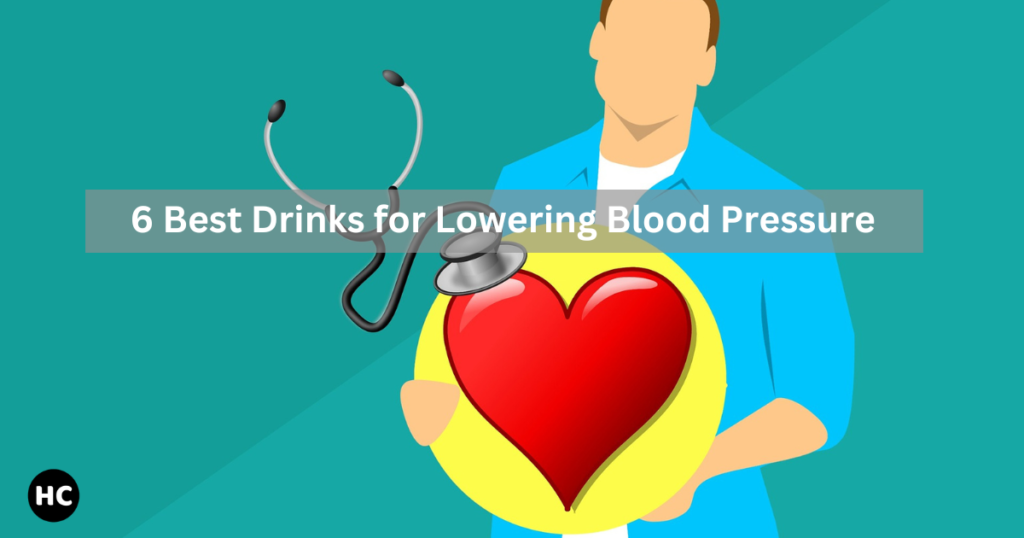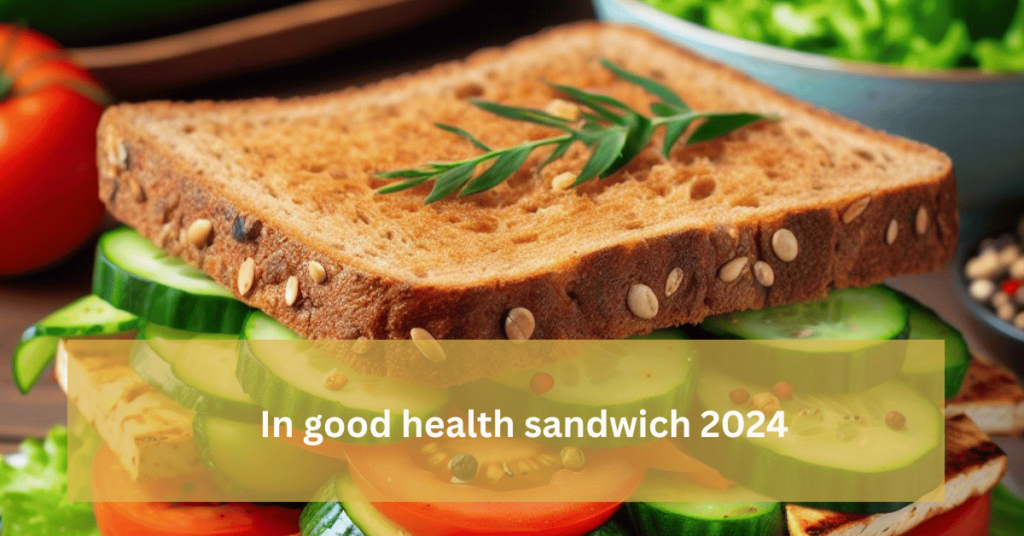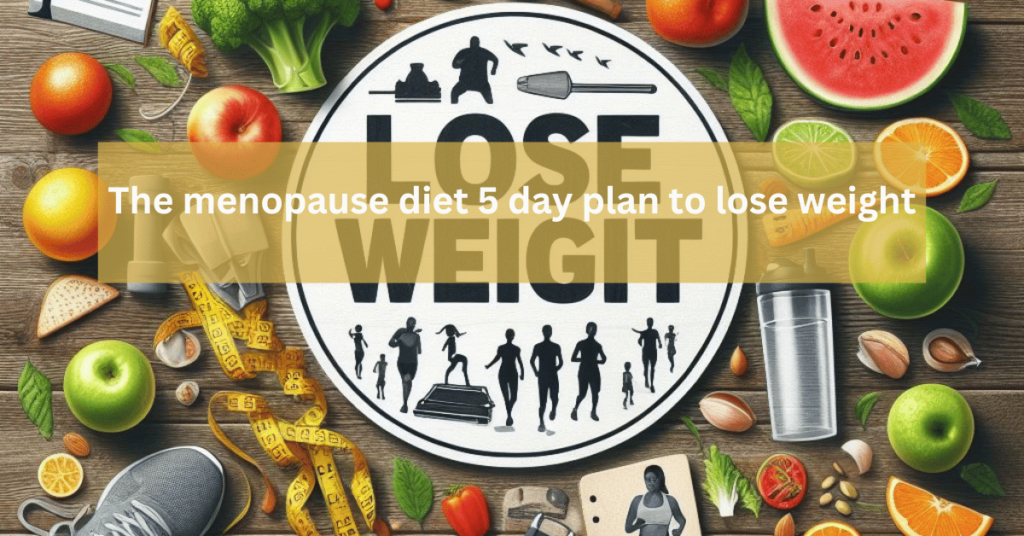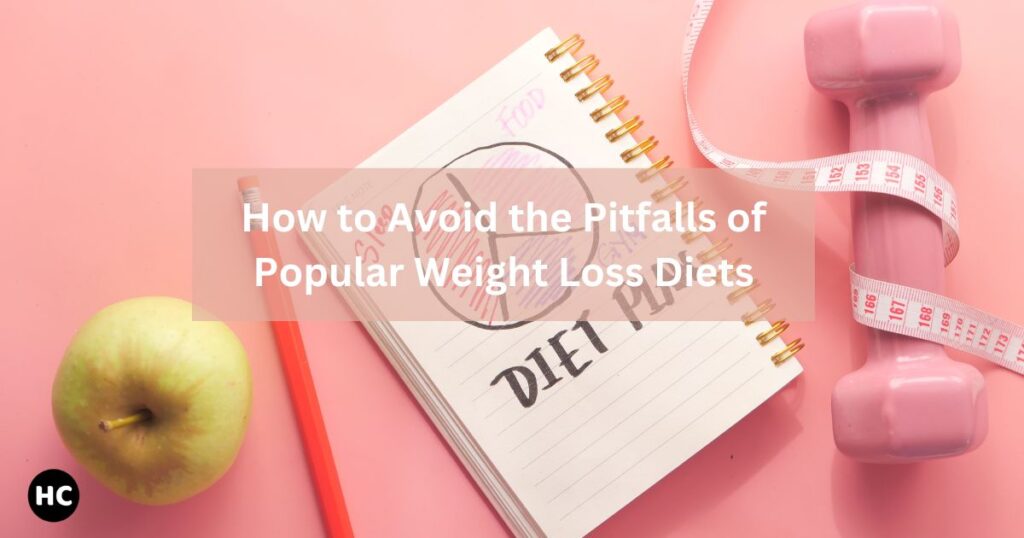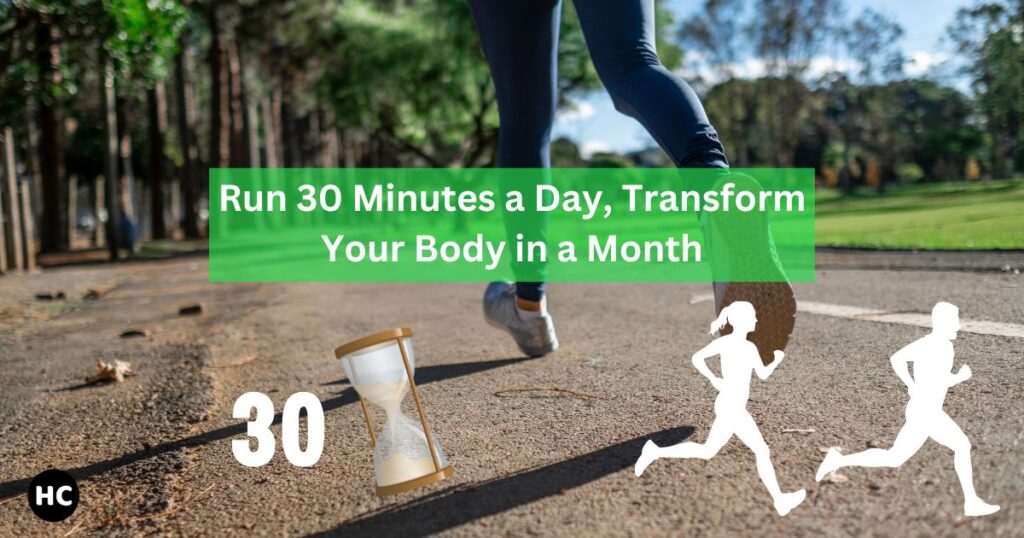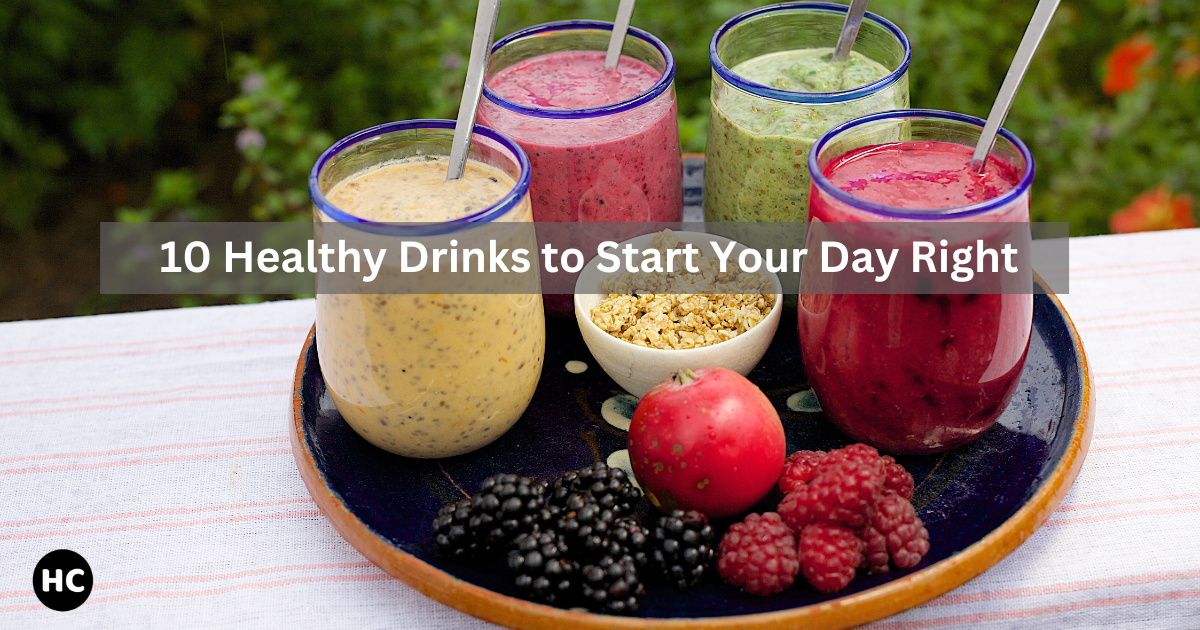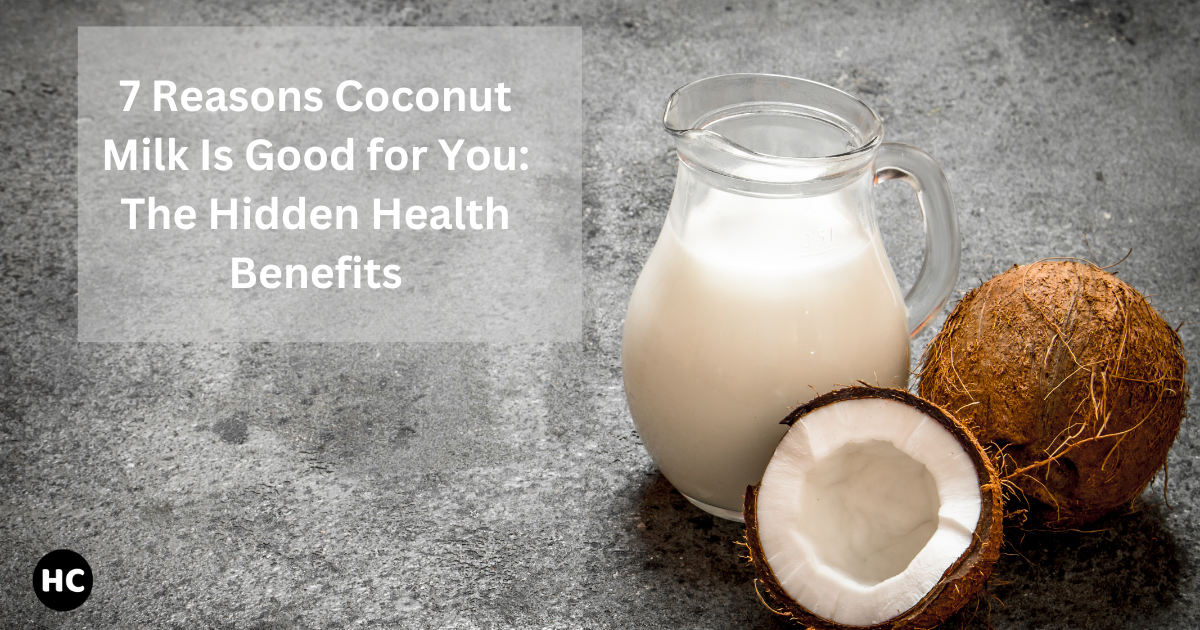You know, there are so many drinks to choose from out there, but it’s surprising how some of them can actually do more harm than good to your body. It’s no secret that picking the right drinks is just as important as choosing the right foods. But how can you tell which ones are the right ones? Especially when it comes to lowering your blood pressure.
Keep reading this article as we dive into 6 drinks that can lower and quickly! Is it true tea can help? What about Beet juice? And how can the drinks we choose actually improve our health? So, let’s get into our discussion!
Grapefruit Juice
Let’s talk about grapefruit juice first. Should you drink it if you have blood pressure issues?
Grapefruit is a tropical fruit under the citrus family. It is packed with essential nutrients and antioxidants, making it one of the healthiest citrus fruits.
Drinking grapefruit juice can benefit your heart by positively impacting health markers like cholesterol. Experts have even conducted research to prove this.
During a 6-week study, participants who consumed grapefruit three times a day experienced a remarkable decrease in their blood pressure levels. The findings revealed significant improvements in their bad cholesterol and overall cholesterol levels.
Grapefruit is high in potassium, which is vital to maintain your heart health. If you eat half a grapefruit or drink a similar quantity of juice, you will get 5% of your body’s potassium daily. Getting enough potassium is key in reducing your blood pressure levels.
Grapefruit also comes with a good amount of fiber. If you have higher amounts of fiber, it also reduces your blood pressure and cholesterol levels.
Essentially this means you should drink grapefruit juice as much as possible, right?
Well, not entirely. It’s true grapefruit juice is excellent for your blood pressure. But it can also negatively interact with your medications. That’s because grapefruit juice causes the body to absorb too much of the drugs you ingest.
Too low blood pressure means your blood won’t reach your organs like the heart and brain. This can increase your chances of heart attack or stroke.
So, if you’re planning to take blood pressure medications, it’s generally a good idea to wait for about two to three days after having grapefruit juice. You see, there are four specific medications that you should be a bit cautious about, especially if you’re thinking of including grapefruit in your diet. Better safe than sorry, right?
These meds are:
- Felodipine
- Nifedipine (Procardia)
- Losartan (Cozaar)
- Eplerenone (Inspra)
Grapefruit juice significantly decreases the effect of Losartan. This means your blood pressure med won’t be able to control hypertension.
Besides blood pressure meds, grapefruit juice can also interfere with medicines meant for treating infections, abnormal heart rhythms, and cholesterol.
This is why you should never make drastic changes in your diet before consulting your healthcare provider.
Beetroot Juice
Beetroot not only brings a splash of color to your food but also adds a lot of essential nutrients to your diet. It is also a delicious vegetable that can be an excellent addition to most dishes.
Elevated blood pressure levels can be risky for your heart and research has shown that drinking beetroot juice can reduce both systolic and diastolic blood levels down.
Systolic pressure refers to the contraction of the heart, while diastolic pressure corresponds to the heart’s relaxation phase. And it appears that beetroot juice has a bigger impact on systolic blood pressure.
How Beetroot Juice Lowers Blood Pressure
Beetroot contains nitrates, which play a role in the effectiveness of beet juice in reducing blood pressure levels. These nitrates can be converted into nitric oxide within the body. Nitric oxide is crucial for dilating blood vessels, promoting their relaxation, and subsequently lowering blood pressure levels.
Beetroot is also an excellent source of folate. Research has shown that increasing folates through your diet can help in reducing your blood pressure levels.
How to Enjoy Beetroot Juice
Now, when it comes to enjoying beetroot, you have a couple of options. You can have juice from either raw or cooked beetroots. But here’s what the research says: if you want a more substantial impact on your blood pressure, go for the juice from raw beets. It seems to have a stronger effect in bringing those levels down.
Hibiscus Tea
What is hibiscus tea? It’s considered a herbal tea and it’s made by steeping the hibiscus plant in boiling water. The best part is, you can enjoy it hot or cold, depending on your preference.
While there are many varieties of hibiscus, the most commonly used for making hibiscus tea is called Roselle. It has this unique tart flavor similar to cranberries.
Drinking hibiscus tea is a natural way to lower your blood pressure. When your blood pressure remains high over a prolonged period, it puts a significant strain on your heart. Various studies indicate that hibiscus tea can effectively decrease both systolic and diastolic levels, providing relief for your heart health.
How Hibiscus Tea Lowers Blood Pressure
In one study, around 50 individuals with high blood pressure were chosen to participate. They were divided into two groups: one group received hibiscus tea while the other group received a placebo. This experiment lasted for an entire month. When the study concluded, the results were quite remarkable.
The participants who consumed hibiscus tea displayed significantly lower blood pressure levels compared to those who had received the placebo. This suggests a promising link between hibiscus tea and the reduction of blood pressure.
Hibiscus tea has been found to reduce systolic pressure by an average of nearly 8 millimeters of mercury (mmHg). This reduction suggests that hibiscus tea may help lower the force exerted on the arterial walls during each heartbeat.
As for diastolic pressure, hibiscus tea showed a reduction of diastolic pressure by an average of nearly 4 mmHg. This indicates that hibiscus tea may contribute to a decrease in the baseline pressure within the arteries.
How to Enjoy Hibiscus Tea
If you’re already on blood pressure medication, it’s best to steer clear of hibiscus tea. Drinking this tea could mess with your meds and cause some health problems. So, it’s better to avoid it altogether to stay on the safe side.
Pomegranate Juice
Pomegranate juice is a delicious drink that has a vibrant color. It is packed with many nutrients that can help with your blood pressure and heart health.
Pomegranate is packed with polyphenolic compounds. These compounds are especially effective in keeping your heart healthy. This fruit is also a great source of folates and vitamin C and is packed in anti-inflammatory properties that help prevent cardiovascular diseases.
How Pomegranate Juice Lowers Blood Pressure
An analysis of various studies has shown that drinking pomegranate juice can lower systolic and diastolic levels. Test tube studies were also conducted using pomegranate extract. The results showed that it helped in reducing oxidative stress and inflammation while also reducing blood pressure levels and ensured no plaque build-up in the arteries.
Researchers conducted another study involving individuals with heart disease. The participants were given a cup of pomegranate juice every day for five days. The findings revealed that the juice not only reduced chest pains but also improved overall heart health.
Skim Milk and Yogurt
Skim milk and yogurt are actually perfect examples of low-fat dairy products. They’re like the MVPs of any diet trying to tackle high blood pressure. Plus, they’re super rich in calcium, which is always a bonus!
How Skim Milk and Yogurt Lower Blood Pressure
A study was conducted involving women who consumed at least five servings of yogurt per week. The results were quite intriguing as they revealed a minimum 20% reduction in risk of high blood pressure levels among the participants. This finding highlights the potential benefits of including yogurt in one’s diet to promote better blood pressure management.
Another study was conducted among nearly 2,700 participants. And guess what they discovered? The results revealed a strong connection between consuming more skim milk and experiencing lower systolic and diastolic blood pressure levels. It’s pretty remarkable how something as simple as increasing skim milk intake can potentially have a positive impact on our blood pressure readings.
How to Enjoy Skim Milk and Yogurt
When it comes to dairy intake, experts often recommend aiming for at least two or three servings of skim milk per day. However, if skim milk isn’t your thing, don’t worry! You can easily swap it out with other low-fat dairy alternatives. The key is to ensure you’re getting those important nutrients while keeping the fat content in check.
Incorporating a glass of skim milk into your meal can be a great choice. You can pour skim milk over your cereal or blend it into a delicious smoothie. Even when enjoying your morning coffee, consider using skim milk instead of regular milk for a lighter option.
Now, if you’re opting for yogurt instead of skim milk there’s one important thing to keep in mind: watch out for added sugars. Choosing yogurt with added sugar defeats the purpose of trying to maintain a healthy lifestyle. While you may be benefiting your heart, it’s crucial to avoid potential health issues that may arise from consuming excessive sugar. So, make sure to select yogurts without any added sugars for the best results.
Berry Juice
Whenever there is a discussion about healthy foods, berries will most likely be on the list. That’s because they come with an impressive list of health benefits. One of them is their effectiveness in protecting your heart health by reducing your blood pressure levels.
How Berry Juice Lowers Blood Pressure
Blueberries are frequently referred to as superfoods due to their numerous health benefits. Not only do they have a low-calorie content, but they also make a convenient addition to any diet. Consuming berry juice is an even more advantageous approach to getting a full range of health benefits.
Results showed eating two ounces of blueberries daily helped reduce blood pressure by up to 6%. Blueberries have similar effects on postmenopausal women as well.
The results of the research showed there was a marked decrease in blood pressure levels.
They also reduce the amount of bad cholesterol in the body. Als, eating berries or having berry juice helps in preventing cardiovascular diseases.
How to Enjoy Berry Juice
High blood pressure is dangerous to your health. Fortunately, you can control it with a doctor-prescribed treatment and make healthy lifestyle changes. But this doesn’t mean we should ignore low blood pressure levels
Conclusion
Lowering blood pressure is crucial for maintaining overall health and reducing the risk of heart disease. Incorporating these six drinks into your diet can offer a natural and effective way to manage blood pressure. From grapefruit juice to hibiscus tea, each drink offers unique benefits, such as providing essential nutrients, promoting relaxation of blood vessels, and reducing inflammation.
FAQs
1. Can these drinks replace blood pressure medication?
While these drinks can complement a healthy lifestyle and may help manage blood pressure, they should consult a healthcare professional before replacing prescribed medication. Following medical advice and maintaining a balanced approach to managing blood pressure is essential.
2. Are there any side effects to consuming these drinks?
In general, these drinks are considered safe for consumption in moderation. However, some individuals may experience adverse effects or interactions, particularly if they have underlying health conditions or are taking medication. You should monitor your body’s response and consult a healthcare provider for concerns.
3. How often should I consume these drinks to see results?
The frequency of consumption may vary depending on individual health goals and preferences. Some people may benefit from incorporating these drinks into their daily routine, while others may consume them occasionally. Consistency and moderation are key to achieving and maintaining the desired health outcomes.
4. Are there any specific dietary restrictions when consuming these drinks?
While these drinks offer health benefits, it’s essential to consider overall dietary patterns and potential interactions with other foods or beverages. Individuals with specific dietary restrictions or medical conditions should consult a healthcare provider or nutritionist for personalized guidance on safely incorporating these drinks into their diet.
Will you be trying any of these blood pressure-lowering drinks?
Let us know in the comments below!


